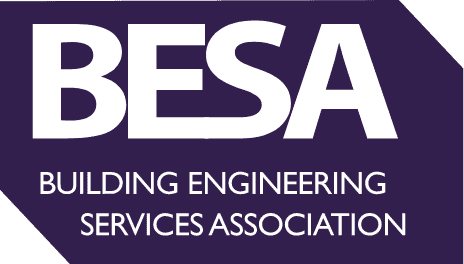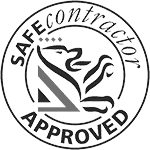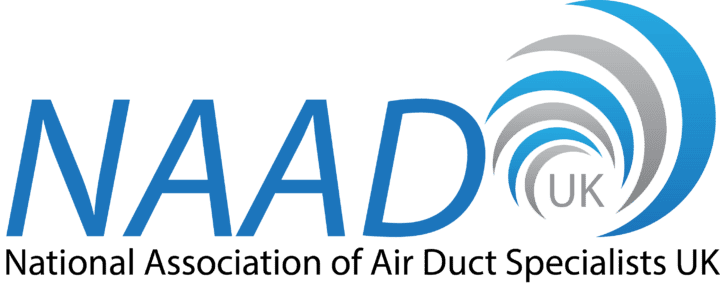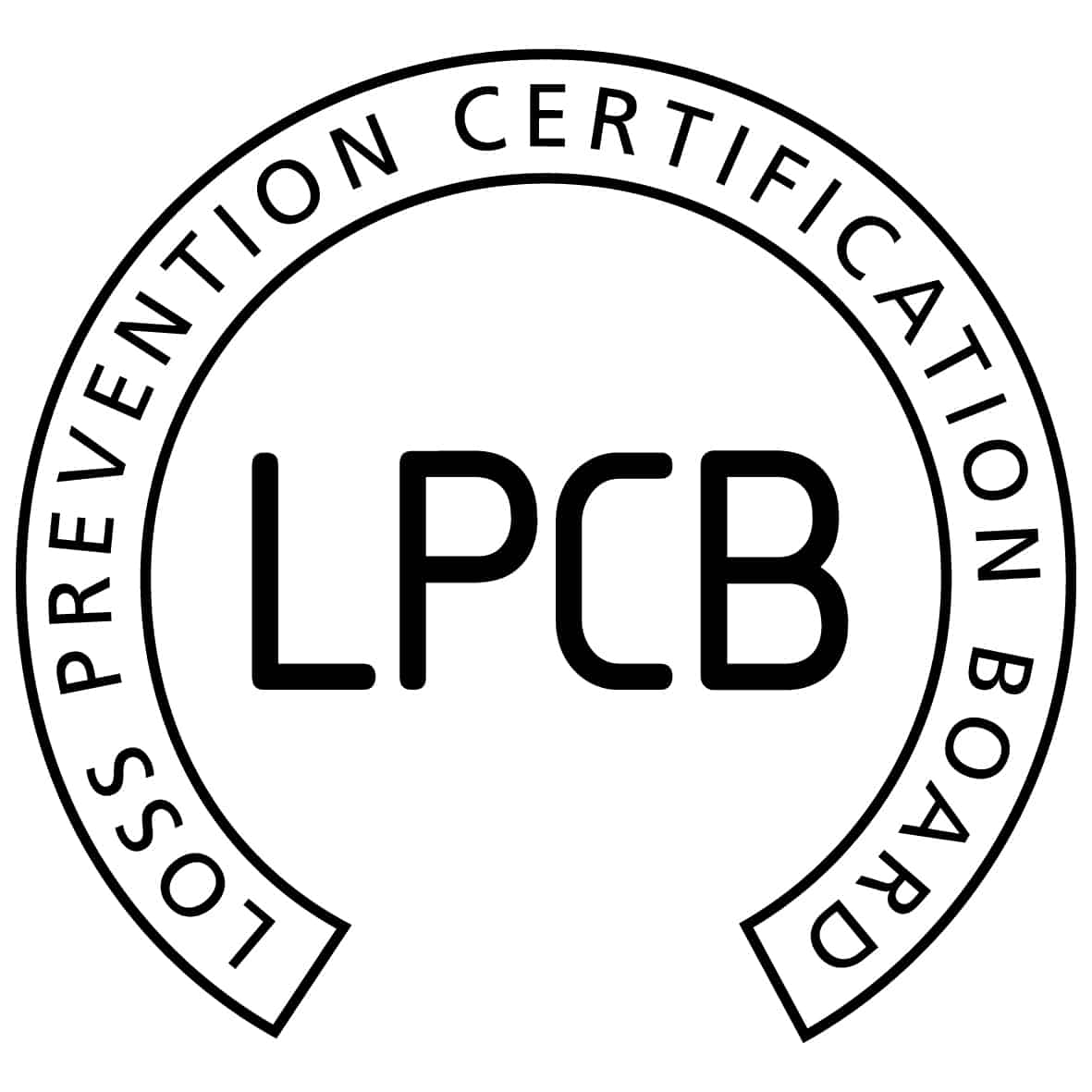


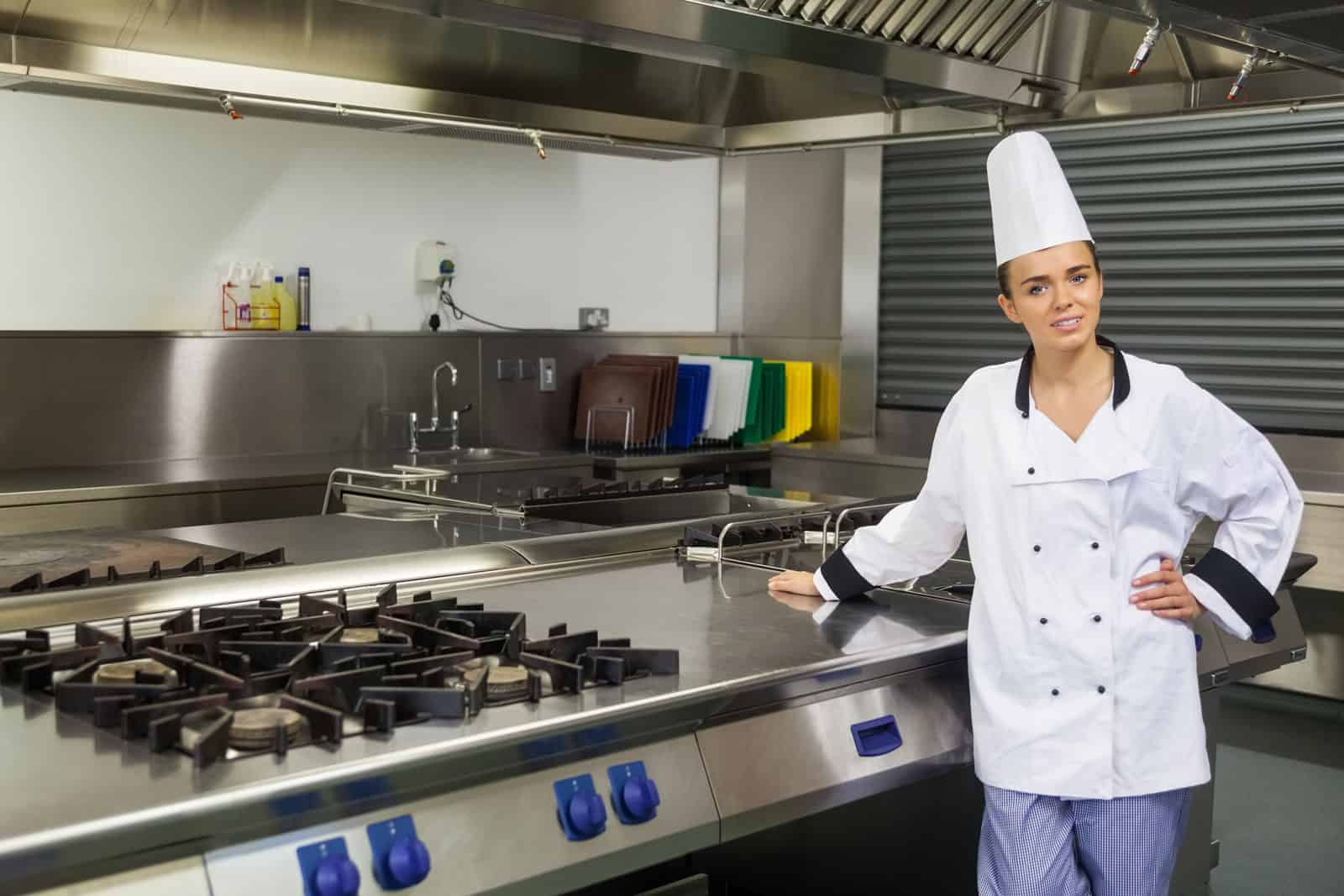
Regular cleaning and maintenance of canopies and grease extract systems reduces the risk of fire, ensures compliance with Fire Safety Legislation and Buildings Insurance Policies, reduces the risk of Food Safety Incidents and improves the efficiency of the equipment.
The Regulatory Reform (Fire Safety) Order 2005 (RRFSO) brought about major changes to Fire Safety Regulations. The RRFSO was designed to increase fire risk assessments and improve fire prevention by proactively minimising risks. Fire authorities are no longer responsible for issuing fire certificates. Instead, Companies, Organisations and individuals within them are now responsible and accountable for ensuring legal compliance.
Every organisation now has a legal duty to nominate a ‘responsible person’ or persons, who exercise control over all, or part of the premises. The ‘responsible person’ must assess all fire hazards and take action to reduce and/or eliminate them. Failure to do so and to protect building users from the danger of fire will result in the prosecution of the company or organisation, and its responsible person.
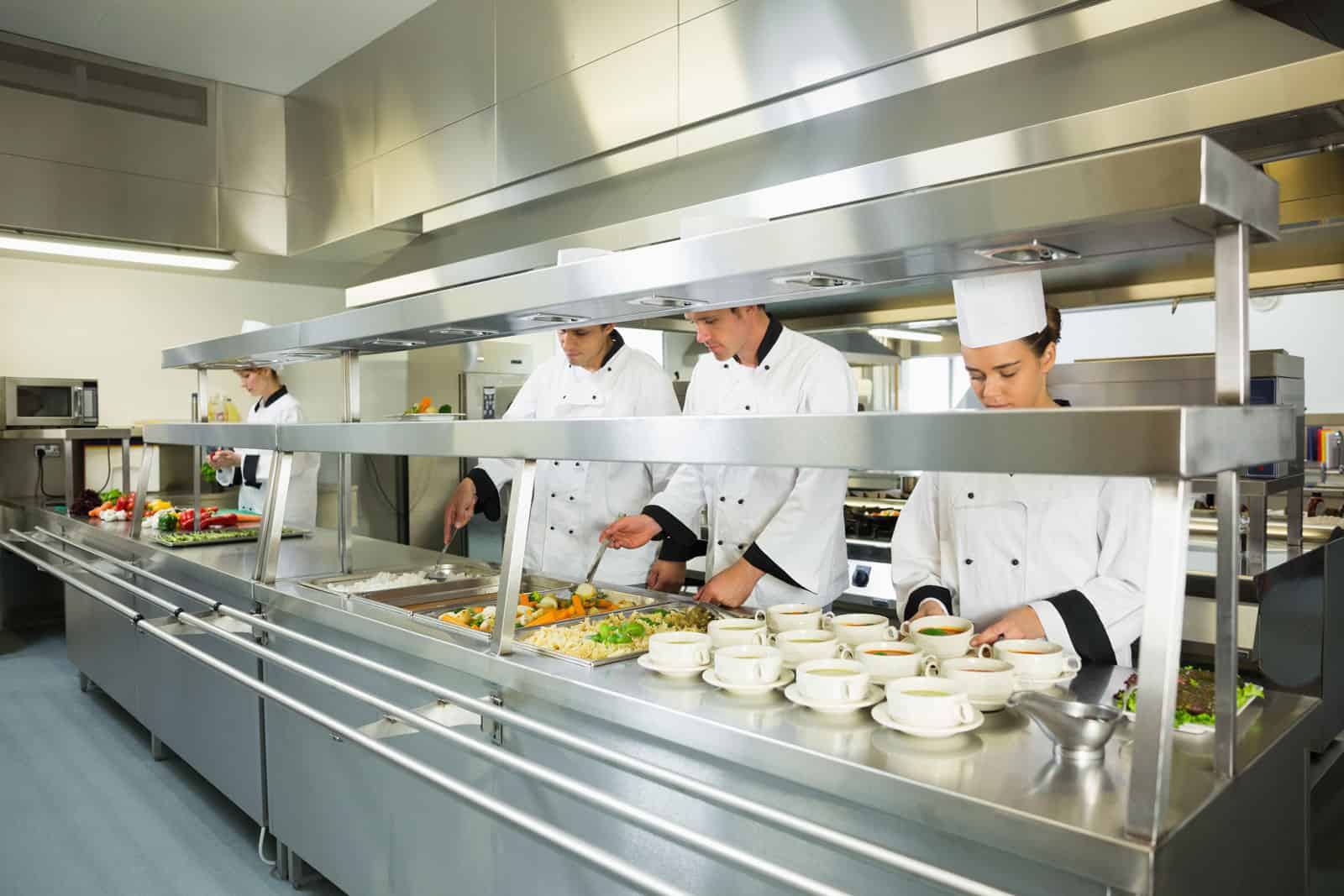
These responsibilities also apply to a contractor who is in charge of part of the premises in order to provide a service i.e. a contract caterer. They must ensure a fire risk assessment is carried out for the catering facility, and this assessment must include the kitchens’ grease extract ventilation system.
Within these systems, flammable grease deposits from the cooking operation will accumulate on the ductwork surfaces posing a significant fire hazard. These flammable grease deposits are easily ignited, and can spread fire rapidly and unpredictably.
There have been many high profile cases of this occurring including Heathrow Airport, South Mimms Services, Witney Town Centre, Royal Albion Hotel and the Hard Rock Café. Approximately 6,000 non-domestic fires each year are attributed to starting in kitchens, which represents 16 fires per day or 25% of all non-domestic fires.
As a fully accredited LPS 2084 Contractor, we ensure all work is carried out to TR19 standards and provide reports and certification to our clients to prove compliance with legal and insurance requirements.
